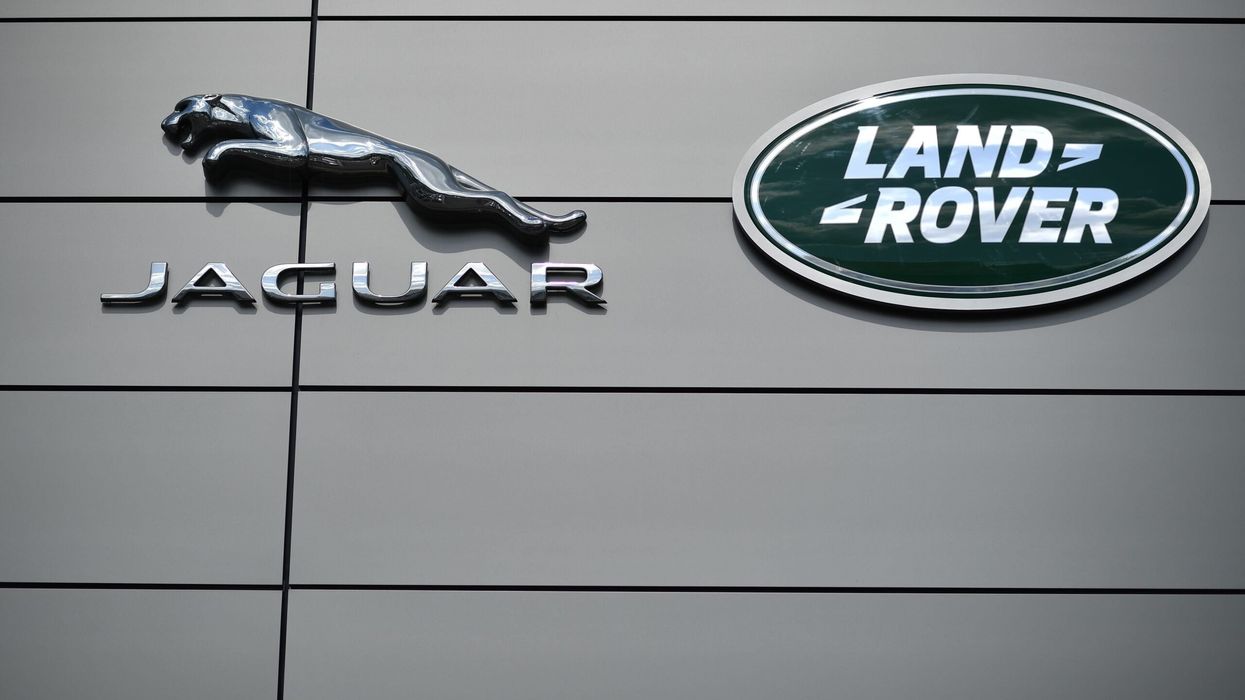Tata Motors announced on Thursday that Jaguar Land Rover (JLR) has no plans to use India's new electric vehicle (EV) policy, which offers import duty concessions for companies setting up manufacturing units in the country.
In March, the Indian government introduced a new EV policy to attract global players like Tesla. This policy allows companies to import a limited number of cars at a reduced import duty of 15 per cent on vehicles costing £27,559 and above for five years from the date of approval.
“At this point in time, that specific policy is not something that is suitable for us. So, we don't intend to leverage it at this point in time," said Tata Motors Group CFO PB Balaji at an earnings conference. He was responding to a query about JLR’s plans regarding India’s new EV policy.
Balaji noted that JLR's business in India is performing well and growing strongly. “We have just localised the manufacturing of Range Rover and Range Rover Sport, and we are seeing huge pickups in order in that front. As volumes pick up, we would like to keep localising to the extent possible, and if the policy environment we are able to leverage upon, we will definitely consider it," he added.
Balaji also said that JLR will continue to look at opportunities for completely knocked down (CKD) manufacturing. "We will continue to look at opportunities of CKD manufacturing to ensure that we take the same benefits of 15 per cent customs duty without taking on additional obligations in terms of both localisation as well as bank guarantees. Therefore, we continue to evaluate CKD operations as more attractive to us, given our size and scale in India at this point in time."
The new EV policy aims to promote India as a manufacturing destination for EVs and attract investment from global manufacturers. Approved applicants must set up manufacturing facilities in India with a minimum investment of £32,527,000 for electric four-wheelers and provide a bank guarantee. These facilities must be operational within three years and achieve a minimum domestic value addition of 25 per cent within the same period, increasing to 50 per cent in five years.
Companies can import completely built units (CBUs) of electric four-wheelers at a reduced customs duty of 15 per cent, subject to conditions. The maximum number of electric four-wheelers allowed at the reduced duty rate will be capped at 8,000 per year, with carryover of unutilised annual import limits permitted.
Earlier, Tata Motors announced that JLR is likely to face constrained production in the second and third quarters due to the annual summer plant shutdown and floods at a key aluminium supplier. "As we work towards mitigation and recovery, we will hold our guidance on our key full-year financial deliverables of more than 8.5 per cent EBIT and achieving net cash," it said.
Wholesale volumes for JLR during the quarter were up 5 per cent year-on-year at 98,000 units, while retail sales in the April-June period grew 9 per cent year-on-year to 111,000 units.
(With inputs from PTI)




